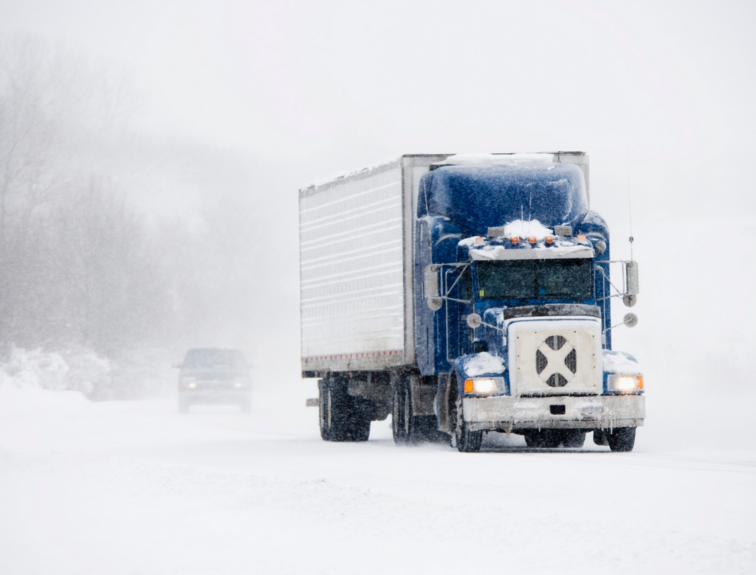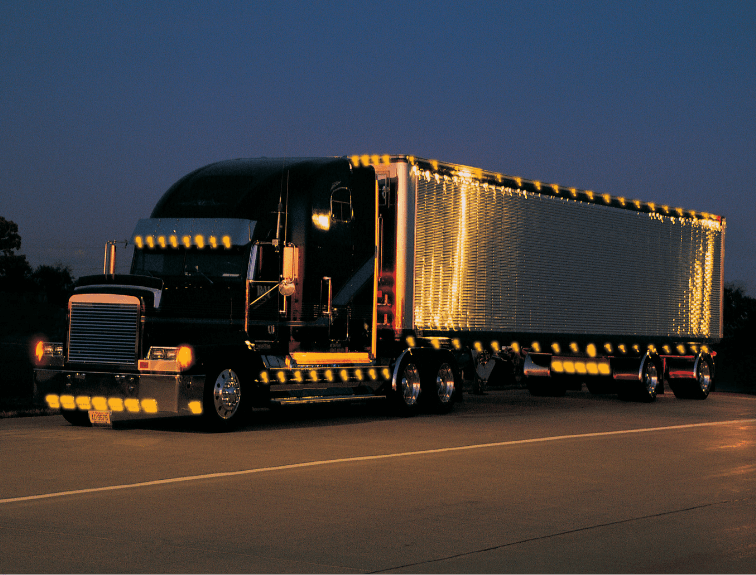Nationwide shortage of CDL drivers felt in Colorado

A nationwide shortage of licensed commercial drivers felt in Colorado
Colorado is not immune to the nationwide shortage of commercial driver’s license holders in both the public and private sectors.
Officials say jobs for truck drivers and heavy machine operators are in need and can provide good pay, but the industry has failed to expand enough to keep up with growing demand.
“I know a lot of people think ‘Hey I can just be a truck driver,'” said Richard Lammers, owner of United States Truck Driving School, which has a campus in Fountain. “It’s not like you can just walk in off the street and jump in a truck like you’ve been driving an automobile.”
An estimated 35,000 to 40,000 truck drivers are needed nationwide, according to the American Trucking Associations. And over the next decade, the industry needs to hire nearly 1 million drivers to meet demand, the ATA reports.
Colorado drivers must have a valid CDL when operating a commercial vehicle that has a maximum operating weight of 26,001 pounds or more; is built to transport 16 or more passengers, including the driver; and is used to move hazardous material, according to the Division of Motor Vehicles.
“There’s probably a greater shortage right now than I’ve seen in quite some time,” said Lammers, who has been in the business for 37 years.
The shortage is due to a host of factors, said Bob Costello, chief economist and senior vice president for the ATA. The industry is not having success recruiting younger people to replenish its workforce, does not attract enough women, and the job can require people to be away from home for weeks on end.
“Generally, we’re moving out of the recession, we’re hauling more freight,” Costello said. “The flip side to that is one truck can only haul so much.”
Also contributing to the shortage in truck drivers and CDL holders are health problems associated with the job, said Whitley Crow, who does research and development for the Colorado Springs-based employment services company Conspire!.
The organization helps companies tailor wellness programs, including guidance on exercise and food options, to help drivers manage or improve their health.
“And just really giving them resources to understand you can have a healthy lifestyle in this industry, you just have to be intentional about it,” Crow said.
About 25,500 heavy and tractor-trailer truck drivers are employed in Colorado, according to a 2014 estimate by the U.S. Bureau of Labor Statistics. An estimated 1.6 million are employed in the industry nationwide, according to BLS.
It’s not just people hauling goods along Interstate 25 who are needed, but heavy machinery operators for agencies such as the Colorado Department of Transportation and El Paso County.
In December, CDOT recruited military veterans to fill temporary jobs for snowplow drivers, heavy equipment mechanics, and dispatchers. The snowplow and mechanic jobs required a CDL.
Also, the agency has increased pay and provides housing allowances in more remote areas of the state to help fill positions, said Amy Ford, a CDOT spokeswoman. The shortage of CDL-licensed drivers is impacting the agency, she said.
Jim Reid, executive director of the county’s Public Services Department, said he thinks the lack of CDL license holders will be an issue for the department. And he hopes efforts to recruit more young people and women to grade roads, haul dirt and plow snow for the county will help alleviate the shortage in the future.
“They work miracles and they’re good at it,” Reid said. “I think it’s such a great career for some people.”


